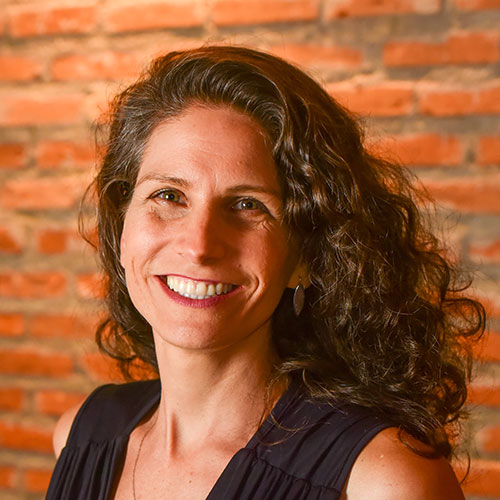Revista Periferias completes six years of producing and disseminating knowledge in the Favelas Complex of Maré, Rio de Janeiro, in Brazil
Through an international network, the publication highlights the peripheral powers of the Global South.


The Revistas Periferias emerged to show that the periphery is, above all, a space for knowledge production. Its headquarters are located in Complexo da Maré, the largest set of favelas in Rio de Janeiro, Brazil. There are 16 favelas in total, with a population of 140 thousand inhabitants.
With so many residents, there are countless possibilities to refer to the region. However, the most common thing is that it is always portrayed from the point of view of absence and other negative and prejudiced classifications. Thus, to dispute these narratives and point out other representations, the magazine articulates thinkers inside and outside the territory.
The first edition was published in 2018, with the theme Paradigm of Power and brought contributions by Ailton Krenak, Bira Carvalho and Udi Mantel Butler. Presenting the “Letter of Maré, a manifesto from the peripheries”, the publication states a clear proposal: to combat discourses that legitimize the dehumanization of social groups that live in popular territories.
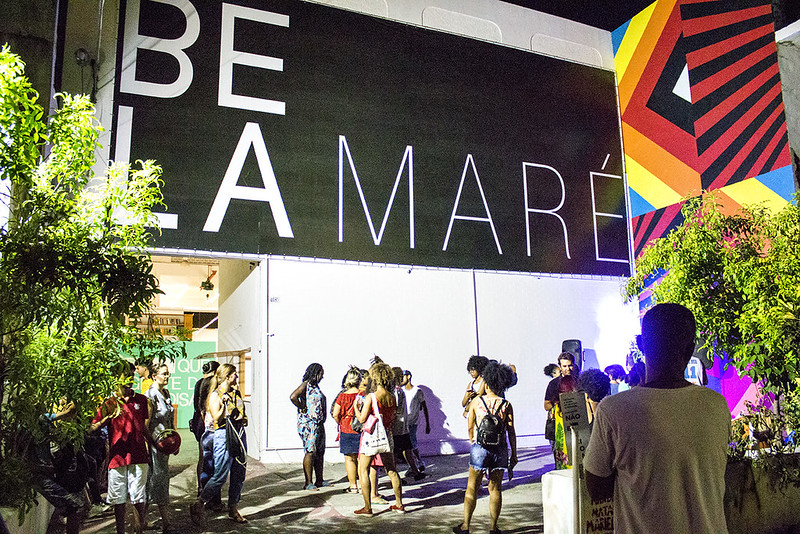
Symbolic markings
“Improving the means and conditions of existence of popular territories depend on changes in symbolic markings”, wrote the editors of Revista Periferias, Fernando Fernandes, Jailson de Souza e Silva and Jorge Barbosa, in the first edition.
“These changes, however, do not take place through dominant aesthetics and habitability, but with the recognition of the creative power of the populations that inhabit territories marked by inequality”, they say.
In the seven editions that have already been launched since 2018, topics such as racism, democracy, public health, education and alternative experiences in popular territories have been addressed. All publications are available in full and free of charge on the Internet. Editions are every six months and the texts are translated into English, Spanish and French, thus moving a wide network of knowledge production from peripheries around the world.
Through interviews, articles, narratives and photographic essays, among others, the magazine shows what it came for: the publications are accessed in 150 countries, and already have more than 600,000 views.
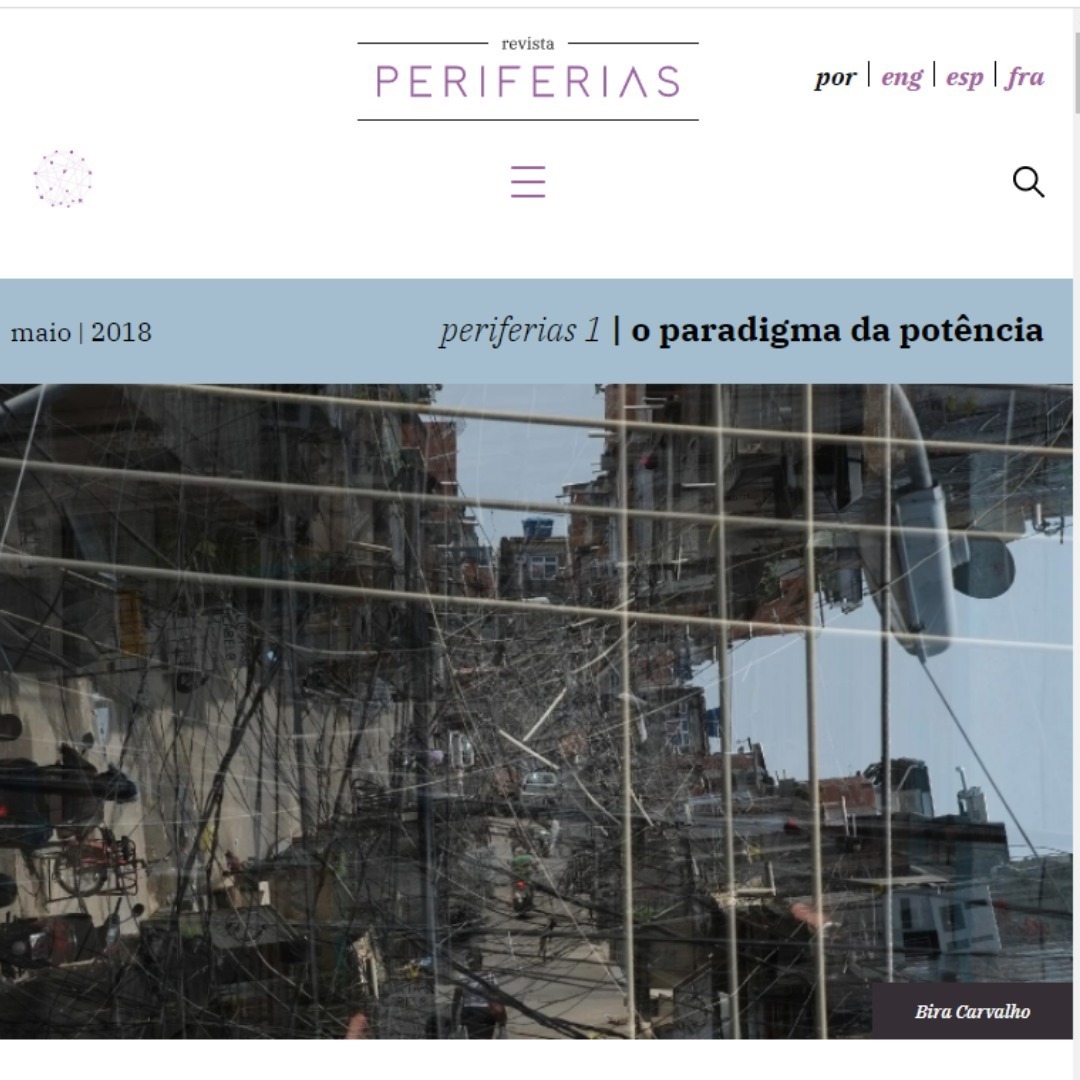

The periphery produces and consumes knowledge
According to Daniel Martins, executive editor of Revista Periferias, the publication emerged to compete in the field of narratives. Therefore, he warns, many texts can be dense and with academic language. “The magazine is not a blog. So there’s an academic tone, but not just that,” he says.
The sixth edition, for example, published an interview with Hédio Silva Jr., a great black jurist, who was recently asked to take over one of the positions on the STF. “His interview is for people from the legal world, but we didn’t hesitate to publish it because he is a very important figure”, he explains.
In the last edition, Desprisionar o Cárcere, a text by Amabílio Gomes was published. A resident of Maré, Amabílio was imprisoned for ten years and is now free. And he wrote a text in Revista Periferias about racism and prison that became one of the most read in the edition.
“I received a very affectionate message from him, thanking him for the invitation and the publication space, because in the text he deals exactly with this difficulty, of a person of northeastern origin, black, and released from prison, of having a new perspective”, says Daniel.
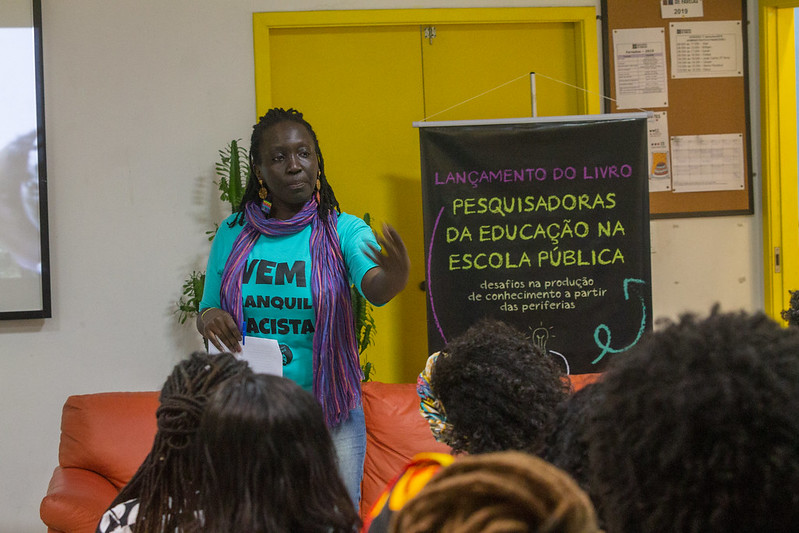

International Network of Suburbs
Revista Periferias is the result of an innovative project developed by Instituto Maria e João Aleixo (IMJA), founded in 2017 by two traditional grassroots organizations from Maré: Observatório das Favelas and Redes da Maré, both of which have been operating for over 20 years in the region.
The projects of the Maria and João Aleixo Institute include UniPeriferias, which carries out activities aimed at training, research and intervention in popular territories, Editora Periferias, which publishes, and Seja Democracia, which promotes political training.
The idea of Revista Periferias arises in this context, to disseminate peripheral knowledge in Brazil and the world. In June, for example, there will be a special edition, in partnership with the South African writer and editor Zukiswa Wanner. The edition will feature African writers, in partnership with the Swiss project Litafrika.
Soon after, in September, Periferias 9 will be published, with a theme on access to rights in South-South migration. In addition to informing, the magazine also seeks to guide debates on public policies. “It’s a mistake to think that people from the periphery don’t read. A good part of our audience is from the periphery and favelas, people who had access to education, access to social mobility, and social mobility. These people read us”, emphasizes Daniel.
Beyond Maré


Revista Periferia’s international collaborations are made through invitations. The editors identify, at the national and international level, who could participate in the edition and invite them. There are several contributions from Palestine and Rojava, an autonomous region of Kurdish origin located in northwest Syria, for example.
Some texts are emblematic, says Daniel Martins: “I remember, in the third edition, we published a text by a surfer, Gaza Surf Club. This guy’s story drew a lot of attention because he started to produce surfboards within the Gaza Strip. And that was something revolutionary because there is a restriction in the Gaza Strip, which prohibits the importation of fibreglass, citing security reasons. With that, it is impossible to import, for example, surfboards. So Palestinians were banned from surfing in that region because they didn’t have a board.”
Daniel learned about the story of the Gaza Surf Club through the media. He looked for the surfer on Instagram and asked for a collaboration for the magazine. “He told his story in Arabic, through Instagram, and I put it in Word and translated it. Then we publish… We make networks like this”, explains Daniel.
Revista Periferias publishes international texts, generally coming from countries in the Global South. But it is not restricted to this geographic issue, because it understands that the outskirts of several cities in the Global North also face challenges. “We adopted the concept of global peripheries”, says Daniel.
Research and training centre
Revista Periferias receives support from MIDEQ, a knowledge centre on Migrations for Development and Equity, which brings together researchers from 12 different countries in the Global South, and whose base is the University of Coventry, England. UniPeriferias joined MIDEQ in 2020, with research on the Haiti-Brazil migration corridor, and included six researchers with a doctorate or doctorate, all Haitians living in Brazil.
Currently, UniPeriferias is organizing an international symposium to debate the results of the MIDEQ Hub. More than 100 Brazilian and foreign researchers are expected to participate in the symposium, which will take place in September at the Museum of Tomorrow, Rio de Janeiro.
In addition to this research, UniPeriferias has also carried out a project on Basic Education, since 2018. The project is carried out with teachers from Greater Rio de Janeiro, especially black ones, who research and develop anti-sexist and anti-racist educational policies. Editora Periferias has already published three books about this project, which is now expanding its scope to two more Brazilian states: Tocantins and Goiás.
Racism and other forms of oppression
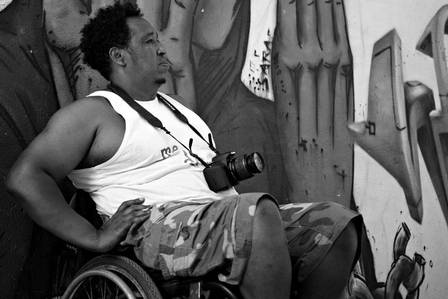

Revista Periferias operates based on a set of confrontations: the issue of racism and structured police violence in the favelas and peripheries, especially in Rio de Janeiro, the war against drugs, public security, the migration issue, there is also the Palestinian issue, the gypsy question etc.
In the last issue, the magazine published an interview with retired judge Kenarik Boujikian, who is critical of the Brazilian prison system: “Overcrowding will be resolved with a release, which could be initiated by the more than 25% of people in prison who are arrested for a provisional way”, defends Kenarik.
An essay by photographer Bira Carvalho, who died in 2020, was also published. Bira graduated from the Imagens do Povo Popular Photography School, founded by the Favelas Observatory, in 2004. “We do not ignore the problems that exist in the periphery and favelas. People just treat it differently. We have a lot of stories to tell. We have dissemination capacity, through the publisher, the magazine… and we publish. This is our objective”, concludes Daniel Martins.
Want to support this cause?
Currently, Revista Periferias receives support from the Tide Setubal Foundation and has partnerships with the Unibanco Institute, Heinrich Böll Foundation and AfrolitSans Frontieres, among others.
To learn more, visit Revista Periferias and follow UniPeriferias’ social networks on Facebook, Instagram and Twitter.
Or contact us by email: revista@imja.org.br
